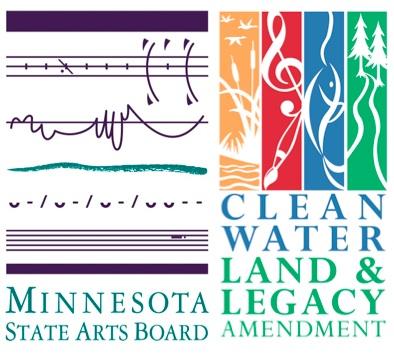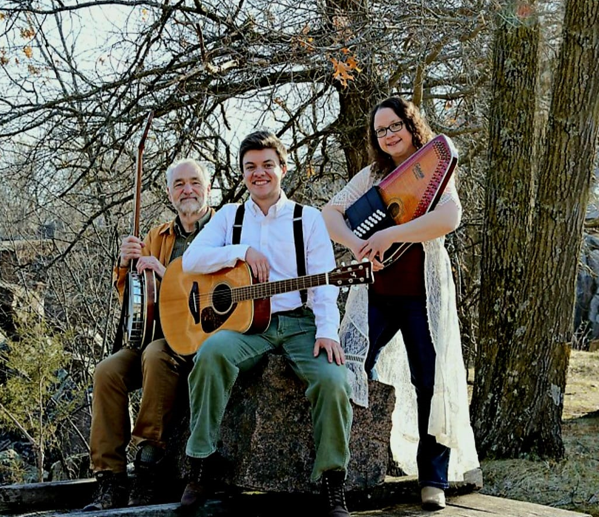Appalachian Music
Saturday, March 23, 2024
Music Starts @ 7:30 PM
The New York Mills Regional Cultural Center’s 2024 Spring Concert Series continues with Ruckus in the Bearbrush on Saturday, March 23, 2024.
Join us in the Cultural Center’s intimate listening-room-style gallery space for this talented Appalachian band. Once you attend a concert here, you won’t want to go anywhere else for live music!
The Ruckus is a rowdy trio of skilled multi-instrumentalist musicians who are full of shenanigans, stories, and songs. Guitarist Adrian Rainer has summered in the Blue Ridge mountains of Tennessee, Woodwinds and Autoharpist Emma Nistler spent 14 years traveling to the Ozark mountains of Missouri, and String Master Paul Imholte pulls it all together with everything from mountain dulcimer to fiddle tunes. All are seasoned musicians with inspiring abilities and many tales to tell. Learn more about these musicians here: bearbrushmusic.net/bio
Their show consists of music and stories from clans who immigrated to the Appalachian territories of the United States. Ruckus will play a range of American folk, Celtic, sea shanties, medleys, and Appalachian mountain melodies, and share about how the clans’ cultures collided and impacted the mountain melodies we still hear today.
Their delightful music is loved by audiences of all ages! They bring forth long-forgotten folk tales, history, and music from the Appalachian territories of the United States. Through their story and song, they transport audiences back to a simpler time.
All are welcome at this Cultural Center concert! Adult tickets are $12 in advance or $15 at the door ($2 member discount); student tickets are $5. You can buy your tickets online (click below) or get them at the door. Doors open at 7:00 p.m. and music starts at 7:30. Light refreshments and cash bar available.
Get Ruckus in the Bearbrush Tickets NOW >Learn more about the band here: bearbrushmusic.net
Call the Cultural Center at (218) 385-3339 with any questions.

